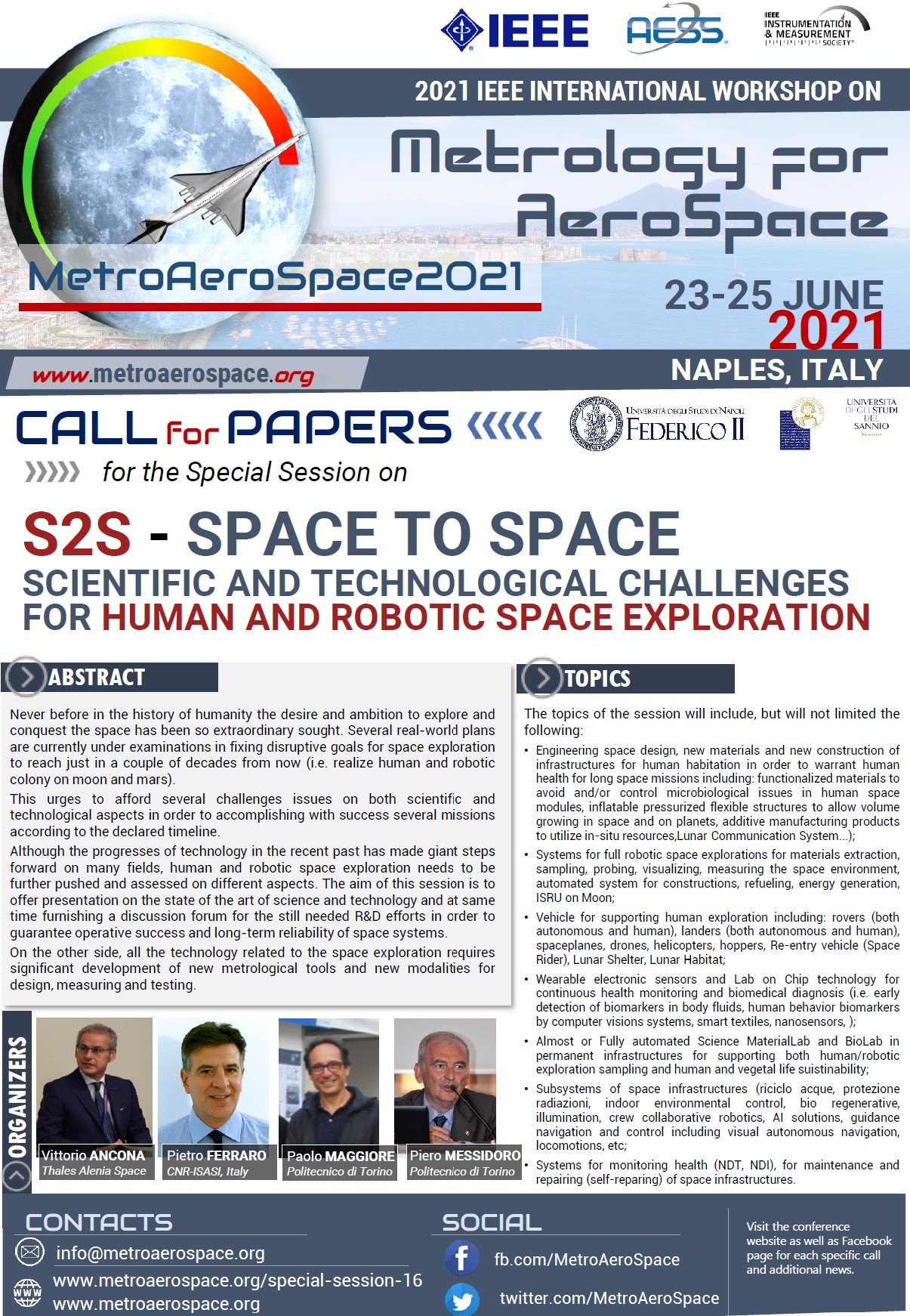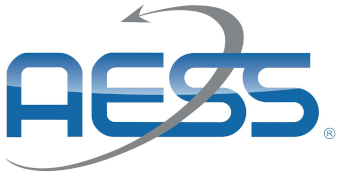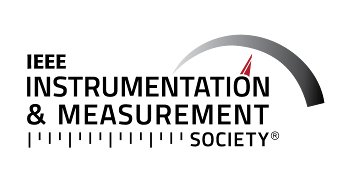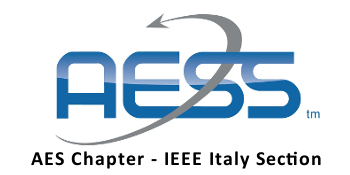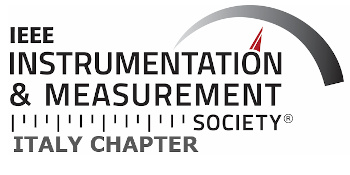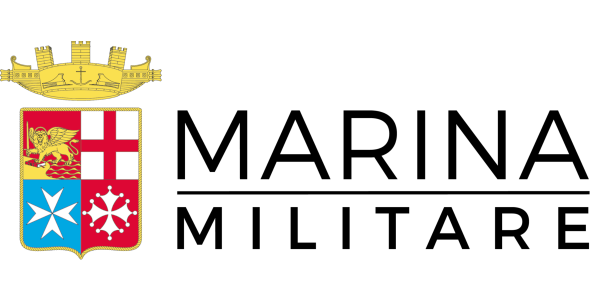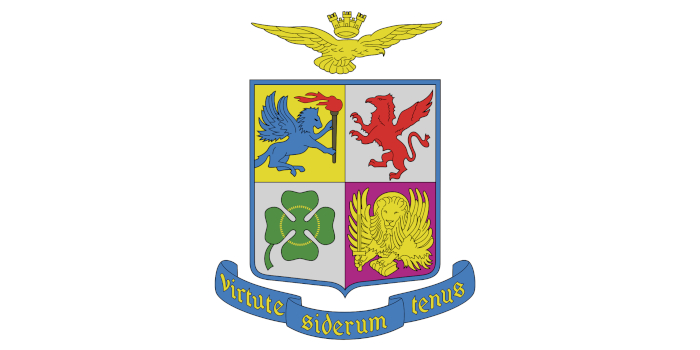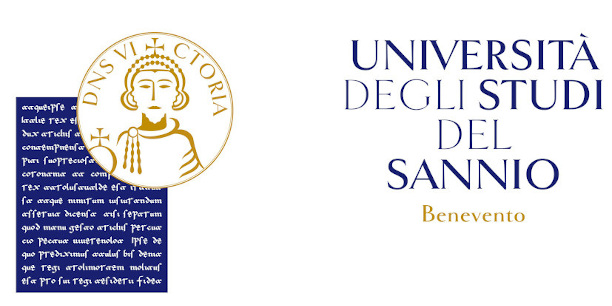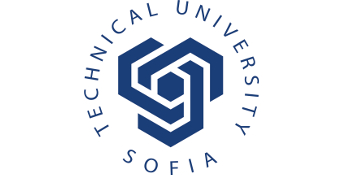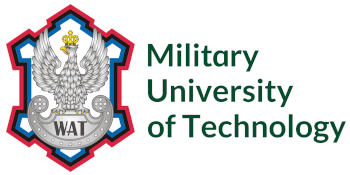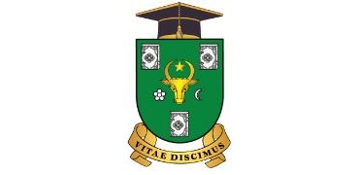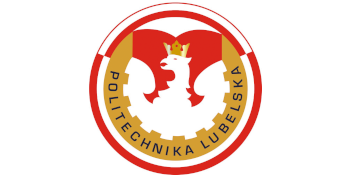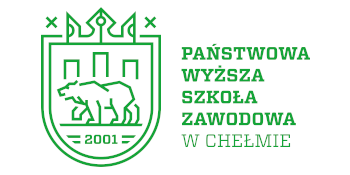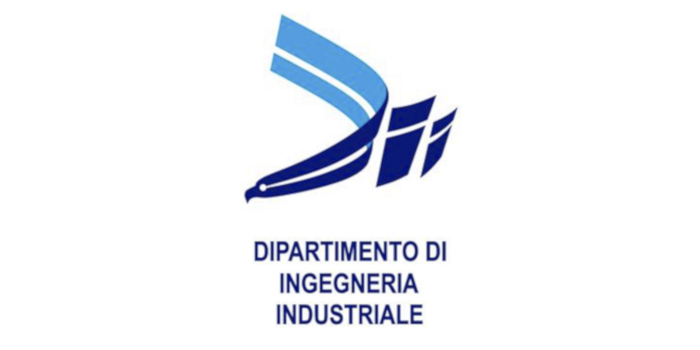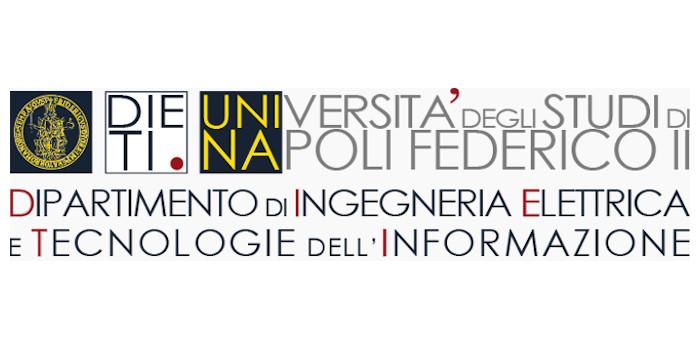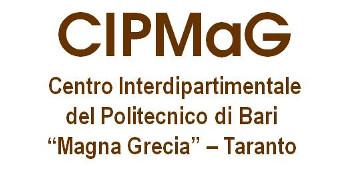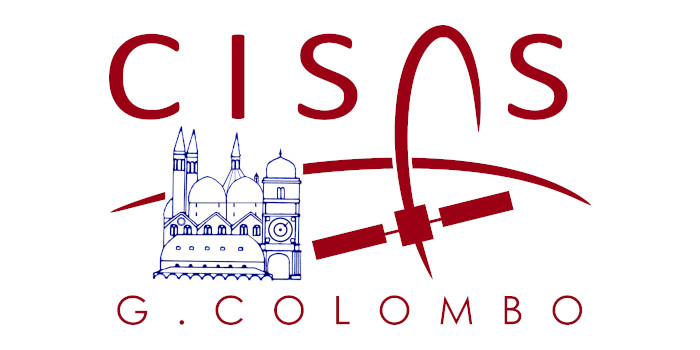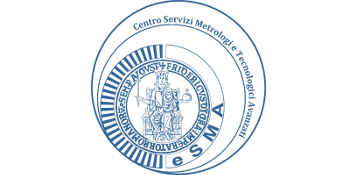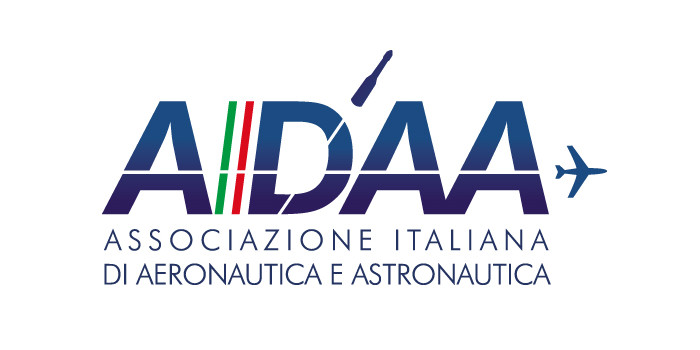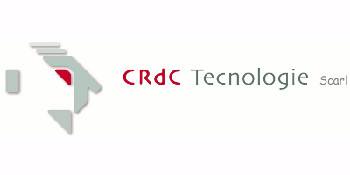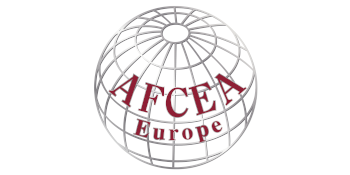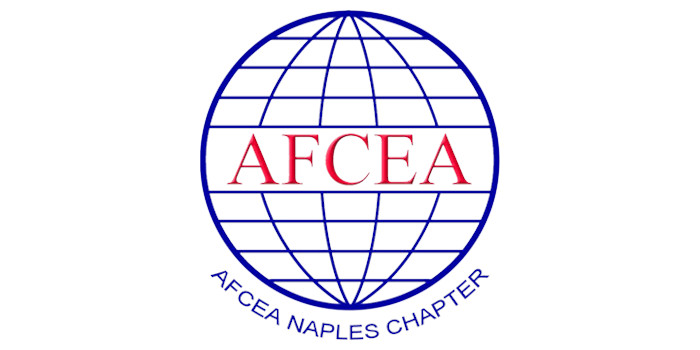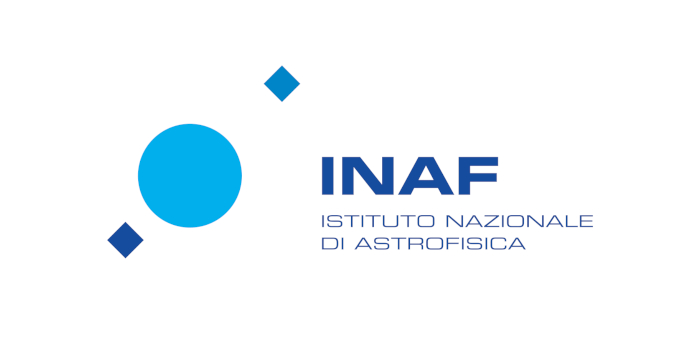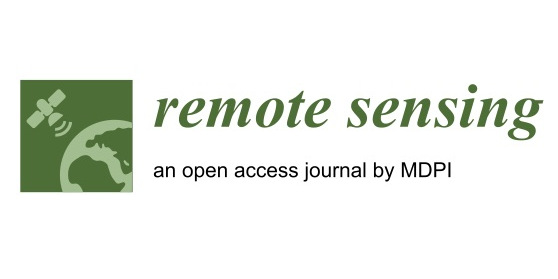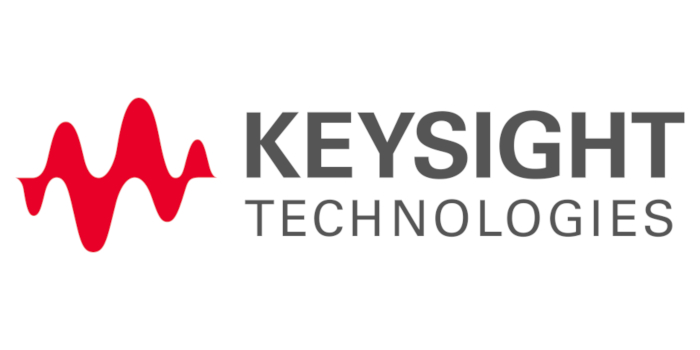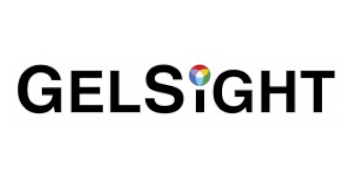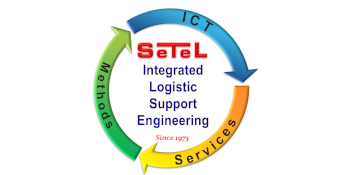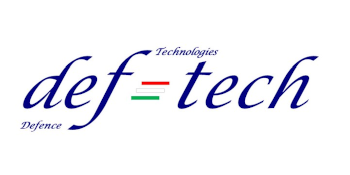S2S - Space to Space: Scientific and Technological Challenges for Human and Robotic Space Exploration
ORGANIZED BY
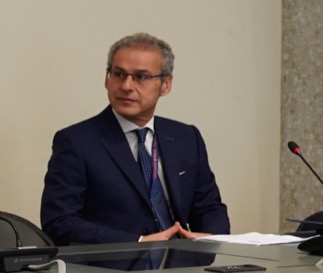
Vittorio Ancona
Thales Alenia Space
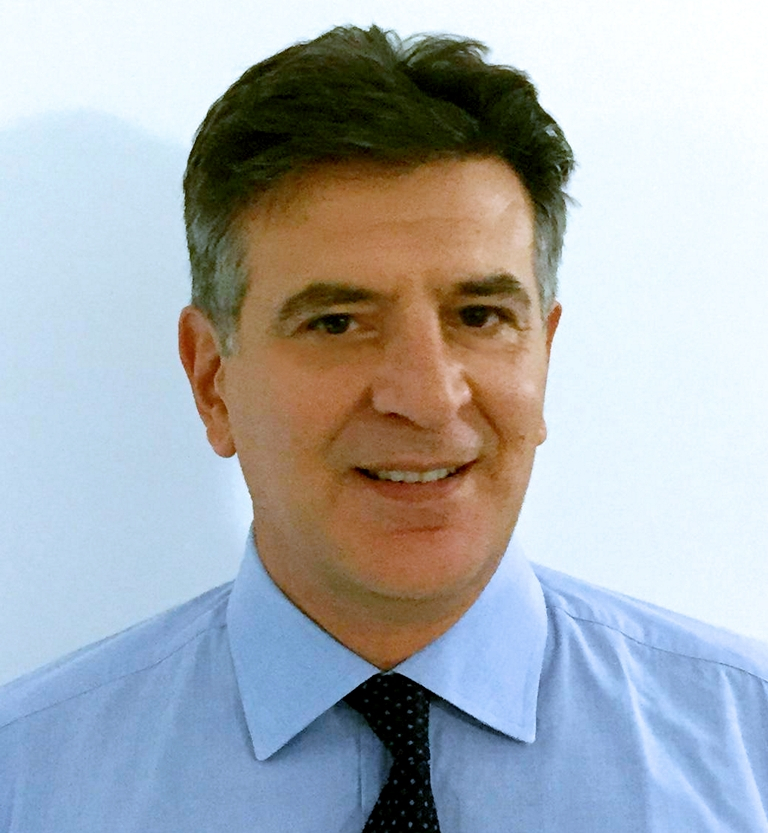
Pietro Ferraro
CNR Institute of Applied Sciences and Intelligent Systems
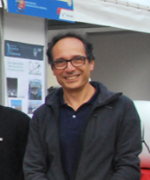
Paolo Maggiore
Politecnico di Torino
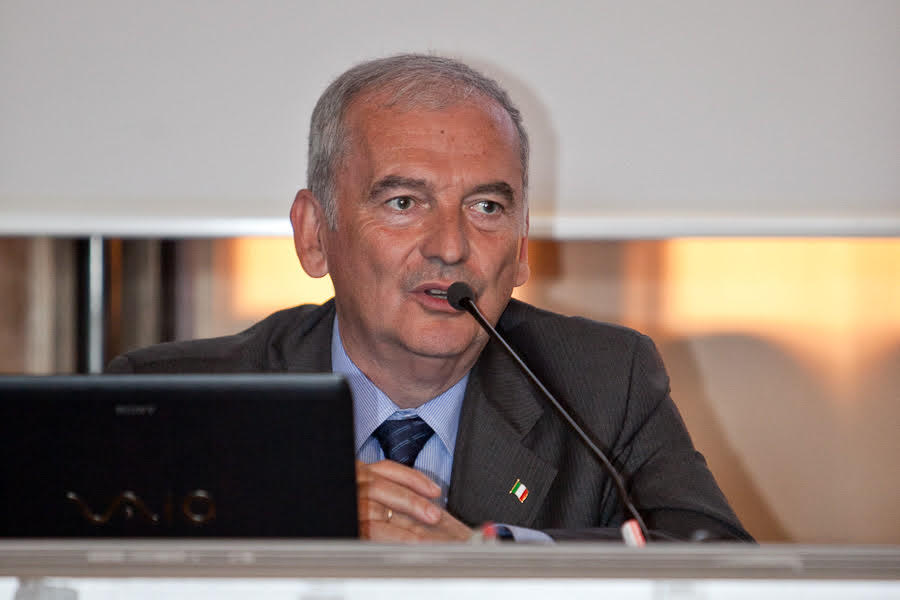
Piero Messidoro
Politecnico di Torino
ABSTRACT
Never before in the history of humanity the desire and ambition to explore and conquest the space has been so extraordinary sought. Several real-world plans are currently under examinations in fixing disruptive goals for space exploration to reach just in a couple of decades from now (i.e. realize human and robotic colony on moon and mars).
This urges to afford several challenges issues on both scientific and technological aspects in order to accomplishing with success several missions according to the declared timeline.
Although the progresses of technology in the recent past has made giant steps forward on many fields, human and robotic space exploration needs to be further pushed and assessed on different aspects. The aim of this session is to offer presentation on the state of the art of science and technology and at same time furnishing a discussion forum for the still needed R&D efforts in order to guarantee operative success and long-term reliability of space systems.
On the other side, all the technology related to the space exploration requires significant development of new metrological tools and new modalities for design, measuring and testing.
TOPICS
The topics of the session will include, but will not limited the following:
- Engineering space design, new materials and new construction of infrastructures for human habitation in order to warrant human health for long space missions including: functionalized materials to avoid and/or control microbiological issues in human space modules, inflatable pressurized flexible structures to allow volume growing in space and on planets, additive manufacturing products to utilize in-situ resources,Lunar Communication System...);
- Systems for full robotic space explorations for materials extraction, sampling, probing, visualizing, measuring the space environment, automated system for constructions, refueling, energy generation, ISRU on Moon;
- Vehicle for supporting human exploration including: rovers (both autonomous and human), landers (both autonomous and human), spaceplanes, drones, helicopters, hoppers, Re-entry vehicle (Space Rider), Lunar Shelter, Lunar Habitat;
- Wearable electronic sensors and Lab on Chip technology for continuous health monitoring and biomedical diagnosis (i.e. early detection of biomarkers in body fluids, human behavior biomarkers by computer visions systems, smart textiles, nanosensors, );
- Almost or Fully automated Science MaterialLab and BioLab in permanent infrastructures for supporting both human/robotic exploration sampling and human and vegetal life suistinability;
- Subsystems of space infrastructures (riciclo acque, protezione radiazioni, indoor environmental control, bio regenerative, illumination, crew collaborative robotics, AI solutions, guidance navigation and control including visual autonomous navigation, locomotions, etc;
- Systems for monitoring health (NDT, NDI), for maintenance and repairing (self-reparing) of space infrastructures.
ABOUT THE ORGANIZERS
Vittorio Ancona graduated in Electronic Engineering at the University of Palermo in 1987 . He works for Thales Alenia Space , Domain Space Exploration and Science, since 1989 in the System Engineering, Verification and Testing Area. He has had direct responsibilities in manned and unmanned spacecraft including Scientific Satellites, Exomars Spacecrafts and Re-Entry Vehicles. Since 2018 he is Head of the System Engineering Management and Verification Department and responsible for Engineering Standardization and Performances . Since 2017 Mr. Ancona has been serving as an external Professor at the Politecnico di Torino giving lectures in System Engineering and Verification in the International Master course SEEDS (SpacE Exploration and Development Systems). Since 2017 he is Aerospace Testing Seminar International Coordinator and Co-Chairman for the International Workshop on Verification and Testing of Space Systems.
Pietro Ferraro is Research Director at Institute of Applied Science and Intelligent Systems, National Council of Research (CNR-ISASI), Pozzuoli, Italy. He is now pursuing his interests in 3D imaging for applications in non destructive testing in aerospace, biomedical field, fiber sensors, nanofluidics, and optofluidics. He has published about 300 papers in peer-review journals and has been an invited speaker in several international conferences. He is a co-editor of two books: Micro-/ Nanoengineering and Characterization of Ferroelectric Crystals for Photonic Applications (New York, NY, USA: Springer-Verlag, 2008) and Coherent Light Microscopy(New York, NY, USA: Springer-Verlag, 2011). Dr. Ferraro is a Fellow of the International Society for Optics and Photonics (SPIE) and the Optical Society of America (OSA). He is the Topical Editor of Biomedical Optics Express, member of the Editorial Board of the Optics and Lasers in Engineering Journal, member of the Editorial Board of the Measurement & Science Technology Journal. He received the SPIE Dannis Gabor Awared in 2020. He is member of the Scientific Board of Italian Space Agency (Agenzia Spaziale Italiana) for the next four years.
Paolo Maggiore graduated in aerospace engineering at Politecnico di Torino. He is author of many technical papers regarding aerospace general systems, reliability, satellite testing integration and verification, logistics and design methodologies applied to space systems. At the present he is associate professor at Politecnico di Torino. His interests range from concurrent engineering to preliminary design methodologies applied to satellites, pressurised modules and exploration architectures; he is involved in studies of robotic systems, small electrical power generation units and innovative optical sensors supporting prognostic functions for space applications. The development of some applications on these subjects occurs in collaboration with Thales Alenia Space, ESA, ASI (Italian Space Agency) and Regione Piemonte.
Piero Messidoro graduated in Nuclear Engineering at the Politecnico di Torino in 1974. He worked for Thales Alenia Space since 1975 in the System Engineering, Verification and Testing area. He has had direct responsibilities in manned and unmanned spacecraft including scientific satellites and International Space Station modules. Since 2013 he was Chief Technical Officer of Thales Alenia Space Italy and deputy CTO VP for R&D, Technology and Product Policy across the entire TAS until his retirement at the end of 2017. Since 2001 Mr. Messidoro has been serving as an external Professor at the Politecnico di Torino giving lectures in Systems Engineering and Program Management in the International Master course SEEDS (SpacE Exploration and Development Systems) as well as in other Space Systems Engineering courses. He is still active in the space business and among several collaborations with Universities and Institutions is presently supporting Piedmont Region as chairman of the NEREUS "technology from space exploration" WG and as Space expert in the Piedmont Agency for the internationalization of the SME's. Due to his contribution to Space Exploration research and missions the International Astronomical Union and NASA assigned the name "Messidoro" to the Asteroid 24856. He is Venture Partner of the Primo Space Fund and member of the Scientific Committee of the Center for Near Space (CNS).

